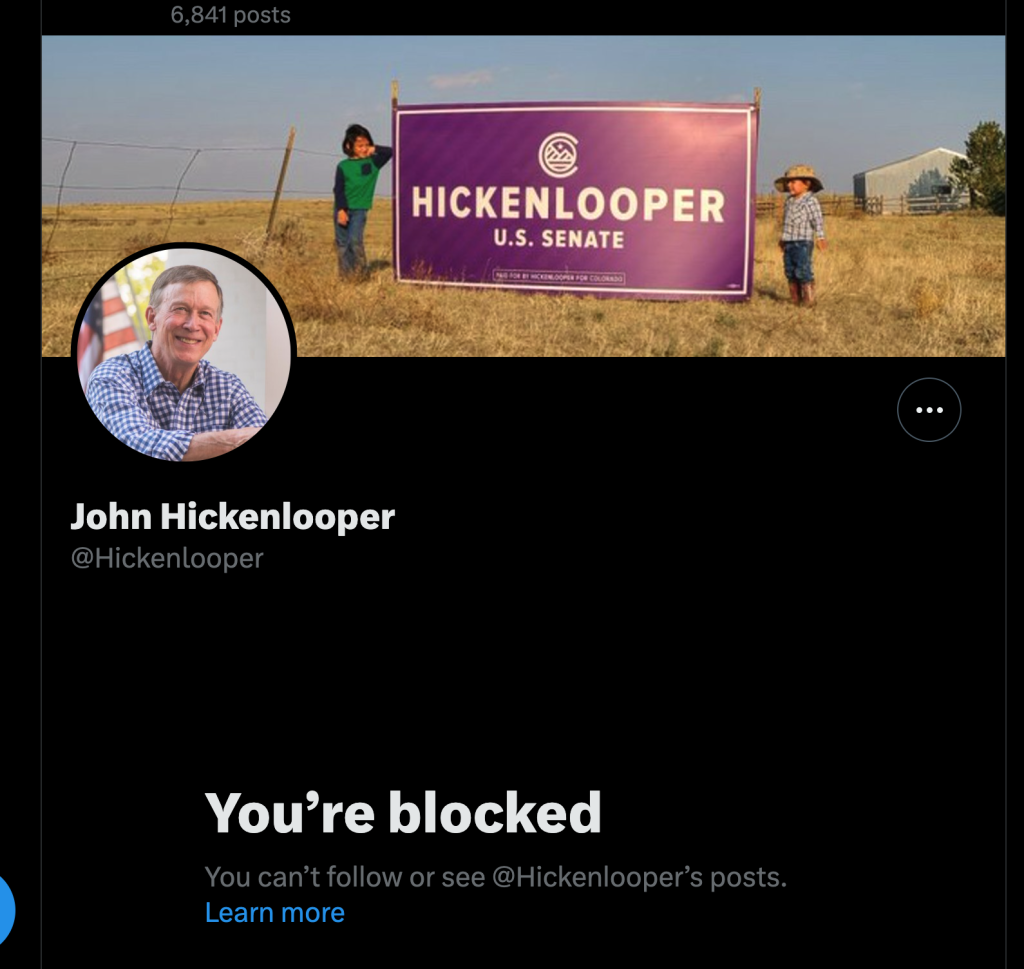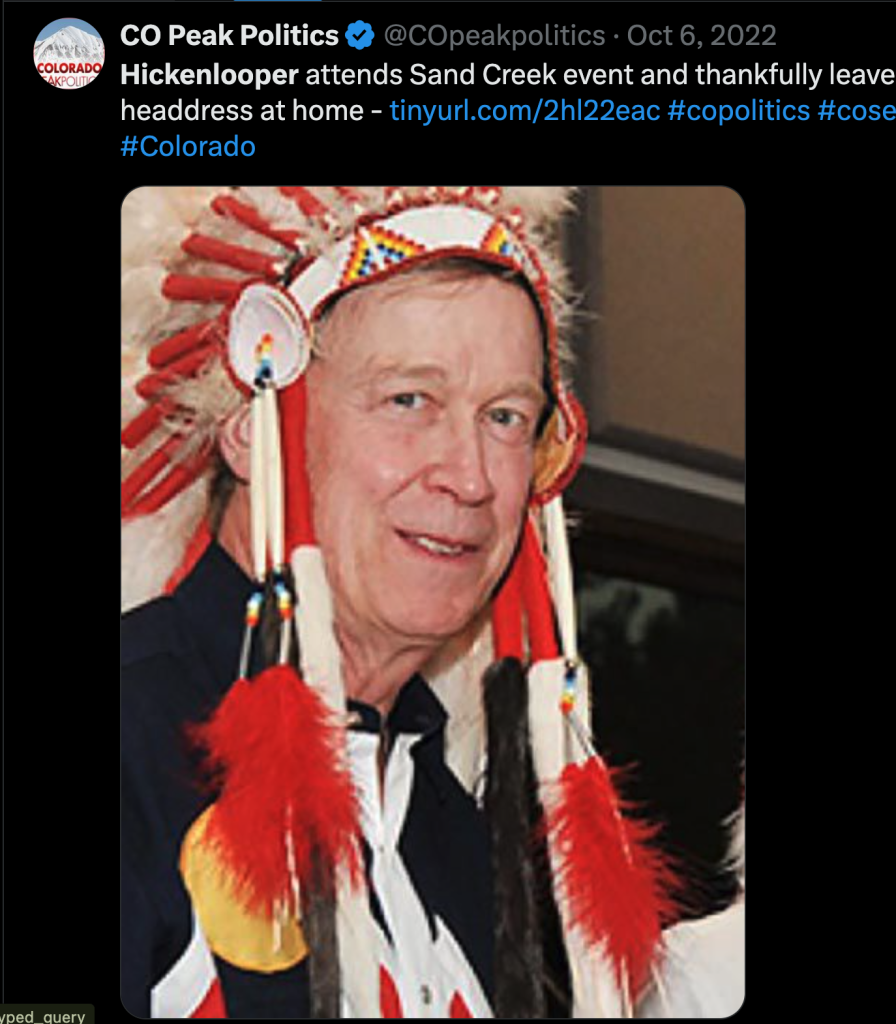Thin-skinned politicians in Colorado are being warned not to block voters on social media unless it meets a very narrow public forum test by the U.S. Supreme Court.
New guidelines drafted by the Office of Legislative Legal Services for state lawmakers advises they face lawsuits by voters if they’re not careful.
Are you being blocked out of spite by a lawmaker from reading important public information on one of their social media accounts?
Then you might be entitled to compensation.
From the memo:
The justices established a two-prong test for determining when a public official has “engaged in state action” and can be sued for deleting comments and blocking critics: 1) if the official possessed “actual authority” to speak for the government and 2) if the official “purported to exercise that authority” by speaking on social media.
The “safest approach” for legislators to avoid litigation, OLLS advises, is to disable the public’s ability to interact with their social media accounts or to “not delete, filter, block, ban, or hide any persons or conversations.”
In particular, Peak Politics would advise U.S. Sen. John Hickenlooper to carefully study the memo, as the Supreme Court test applies to all elected officials at the federal, state, and local level.

Hickenlooper has more than one X account, and blocks Peak Politics from one of his political accounts that is filled with his opinions and congressional news on critical issues like abortion, immigration, climate change, and bills that spend our taxpayer dollars.
We don’t make a habit of criticizing lawmakers on their personal social media account so it’s not like we’re going on his feed to harass him.
We harass him on our own social media pages.

